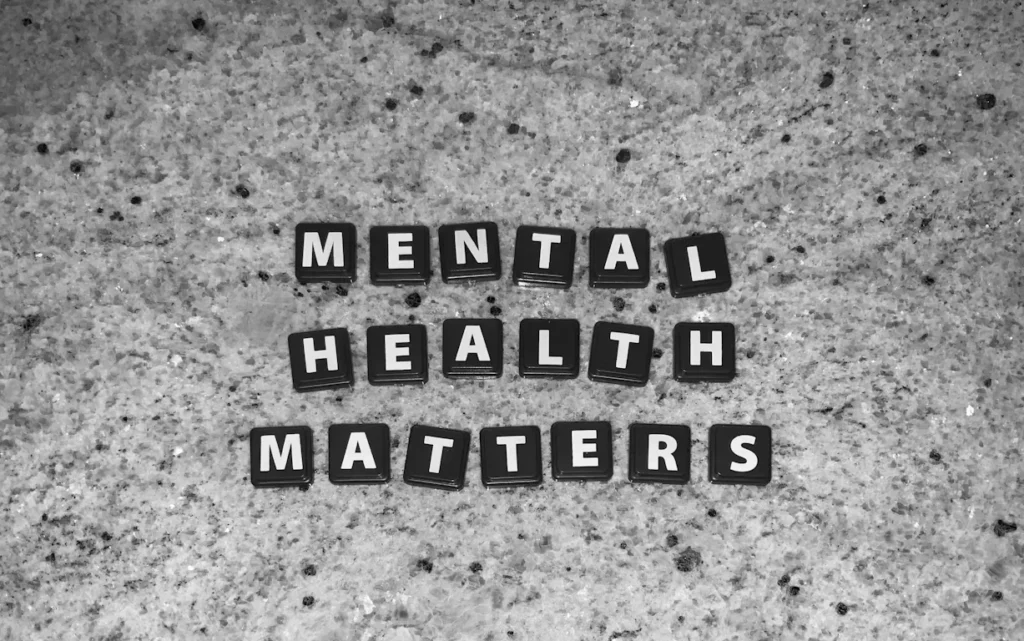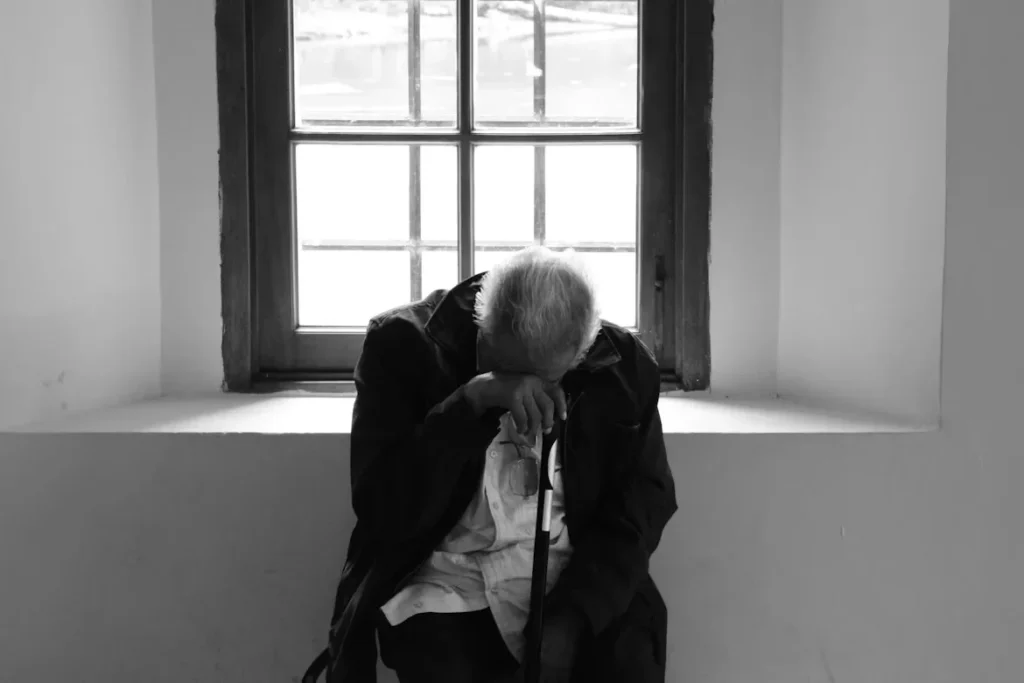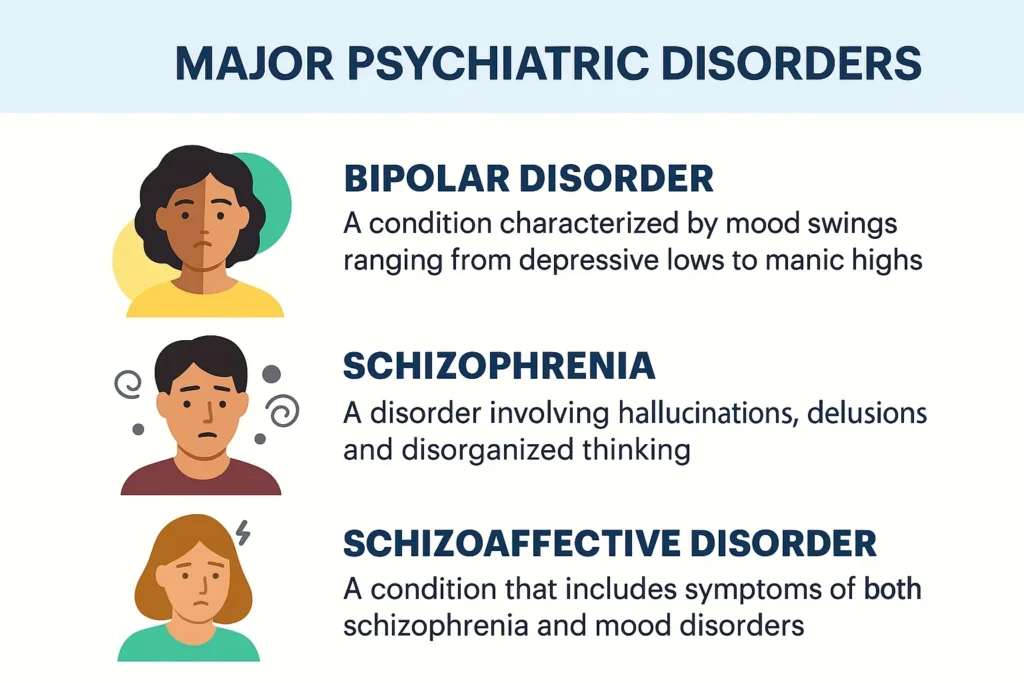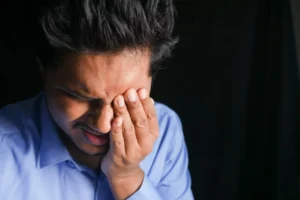Disclaimer: This article is for informational purposes only and is not a substitute for professional medical advice. Always consult a qualified healthcare provider regarding any questions or concerns about Psychological health care.
Are you getting older? Often, people forget to care for their mental health as they age, but it is just as important as physical health, and should be treated with the same care and attention. Even if you are still living independently but might have some mobility issues, psychological health and wellbeing are incredibly important to be proactive about and to look after.
Why is This Important?

Mental Wellness healthcare for older adults is necessary because the world’s population is ageing rapidly. By 2030, there will be 1.4 billion people aged 60+ on Earth, and that figure will have doubled by 2050.
Older adults still contribute to society as either workers, family members, community members, or all of these, and many volunteer or are otherwise civically active. Numbering roughly 11 million today, the older workforce has nearly quadrupled in size since the mid-1980s. While most aging adults have great health, many in this cohort are at risk of developing psychological health conditions such as depression, anxiety, or even major psychiatric disorders.
In addition, older adults are much more likely to experience loneliness, reduced mobility, frailty, dementia, chronic pain, or other health conditions. Also, as people age, they are more likely to experience comorbidity, which is when someone experiences multiple health issues at once.
Depression in Older People
One issue that older folks can experience as they age is depression. Depression is a term given for a clinically diagnosed mood disorder that can cause persistent feelings of dejection, sadness, consistently low mood, and a major loss of interest in everyday activities such as work, study, and social and romantic relationships. Also known as major depressive disorder or clinical depression, it affects how people feel, think, and behave, and can lead to a wide range of emotional and physical problems in life.
If an older person is depressed, they may have trouble performing normal day-to-day activities such as getting up in the morning, looking after their dental hygiene, showering, and engaging in regular activities. And sometimes, someone may feel as if life isn’t worth living. In some severe cases, depression can lead to suicidal ideation (thoughts of suicide) and even attempts.
Depression is so much more than just a period of sadness or feeling bad over an issue or a friendship loss, and depression isn’t simply a weakness of character or a deficit. Older individuals with depression can’t simply “feel better” or “snap out” of it or change the way they feel on demand if they’re depressed. Depression in older individuals may require long-term treatment from a qualified mental health professional, whether that’s a psychiatrist, neuropsychological health counselor, or peer support worker.
What is Anxiety in Older People?

Anxiety disorders are some of the most common health disorders globally. An older person with an anxiety disorder, such as Generalised Anxiety Disorder (GAD), tends to have persistent feelings of fear, uncertainty, and worries that interfere with their daily living and activities, and tend to last more than six months.
To diagnose GAD, a mental well-being clinician or other professional will look for several symptoms, including excessive, difficult-to-control worry over things that occur most days over six months. This worry may jump from topic to topic or be fixated on one issue, or result from major stressors in the person’s life. GAD is typically accompanied by the physical symptoms of anxiety, which may include:
- Difficulty concentrating or making decisions
- A sense of immediate danger or impending doom
- Headaches
- Nausea
- Muscle tension
- Sweaty palms
- Increased heart rate
Major Psychiatric Disorders

In some cases, an older person may experience psychological health issues that are more extreme than depression and anxiety. These are conditions that have severe symptoms, including psychosis, which is when someone becomes detached from reality and has prominent delusions, such as delusions of grandeur or paranoid ideation. Some examples of major psychiatric disorders that an older person might experience include: In 2021, nearly 1 in every seven people (1.1 billion) around the world were living with a mental disorder, with anxiety and depressive disorders the most common.
- Bipolar disorder
- Schizophrenia
- Schizoaffective disorder
- Eating disorders
- Substance use disorder
- Borderline personality disorder
Loneliness
Another issue that older people can face that can impact their cognitive health is loneliness. As people age, and their peers die or become unwell, there can be a lack of social interactions, leading to isolation and loneliness. While not a cognitive health disorder in itself, loneliness can lead to issues such as depression and anxiety.
Benefits of Mental Health Care
The types of neuropsychological conditions older individuals may face are diverse. As such, it’s essential to seek professional help and assistance for cognitive health issues as you age. Reaching out to a specialist, such as a nurse with experience in online AGNP programs, can help you find mental health experts with experience assisting aging adults. The types of roles that can help an older person with issues include:
- Psychiatrists
- Psychologists
- Therapists
- Counselors
- Peer Support Workers
- Mental health nurses
- Social workers
- Occupational therapists
Conclusion:
As people age, caring for mental well-being becomes just as important as maintaining physical health. Older adults may face challenges like loneliness, anxiety, or depression, but with the proper support, they can continue to live meaningful, connected, and fulfilling lives. Ongoing Neuropsychological health care not only helps address these conditions but also promotes resilience, independence, and overall well-being in later years.











